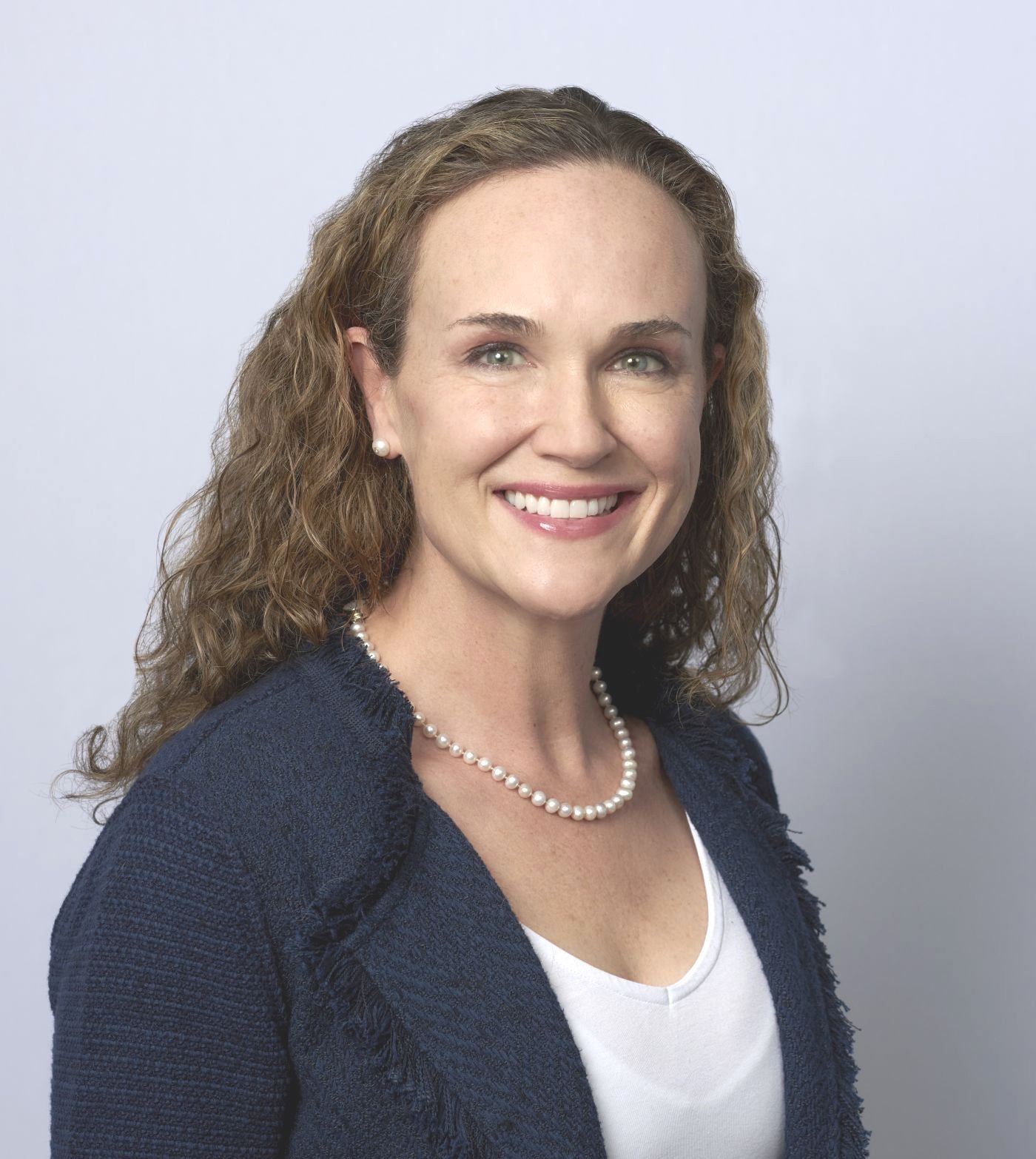Dr. Schmidt and her team provide comprehensive neuropsychological services and consultations.
Dr. Schmidt is a licensed clinical psychologist and certified school psychologist with specialized training in neuropsychology.
“Finally, someone was understanding what our child had been going through for several years!”
—Mother of an elementary student.
Why seek help/answers from Dr. Schmidt?
Dr. Schmidt has over 30 years of specialized training and experience in working with children, adolescents and adults with a wide range of neurological, psychiatric and educational needs. Dr. Schmidt and her team work in schools, vocational settings, hospitals, outpatient clinics and communities. Our team includes professionals with backgrounds in special education, social work, executive function and specialized coaching. We have substantial experience with public school districts and private school settings, including developing educational plans and training school staff and therapists in evidence-based interventions. Our practice individualizes our evaluations, clinic screenings, consultations and treatment plans based upon the specific needs of each client. Our team maintains ongoing collaboration with a broad range of professionals in the greater community. This includes child and adolescent psychotherapists, psychiatrists, neurologists, developmental pediatricians and academic tutors.
What is Dr. Schmidt’s background, training and experience?
Dr. Schmidt has specialized training and experience assessing children, adolescents and adults with a wide range of developmental disorders and neurological conditions. This includes ADHD and executive dysfunction, autism spectrum disorder, dyslexia and developmental language disorders, nonverbal and math disabilities, concussions and brain injuries, epilepsy, genetically based and medically-based disabilities, anxiety/depression and mental health disorders, and other problems that may impact learning or behavior. The practice provides services from ages two through adulthood.
Dr. Schmidt earned a doctoral degree in Clinical Psychology from the University of Massachusetts. Her clinical training in child and adult neuropsychology was completed in numerous settings, including Harvard Medical School/Brigham and Women’s Hospital, Southern Jamaica Plain Health Center, Boston Children’s Hospital, Boston University Medical Center, NYU/North Shore Hospital and the Neurology Department at the University of Pennsylvania. Dr. Schmidt additionally completed a School Psychology degree and certification at Bryn Mawr College. Prior to owning and operating her full-time outpatient practice, Dr. Schmidt was the Director of Assessment at Bryn Mawr College’s Child Study Institute (CSI) and a Staff Neuropsychologist at Riddle Hospital.
